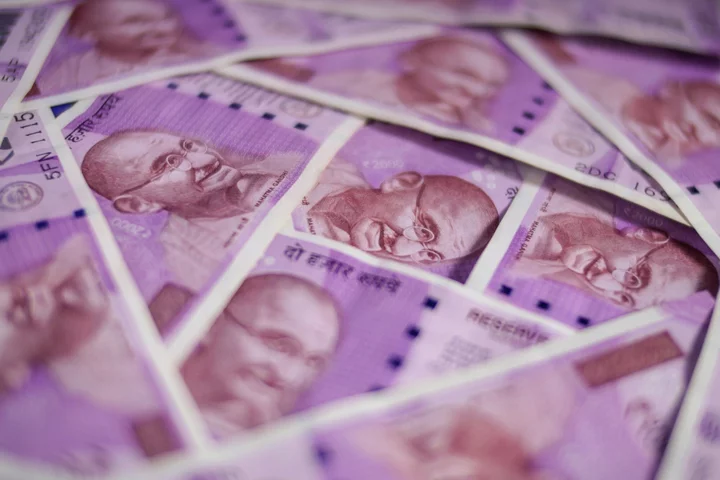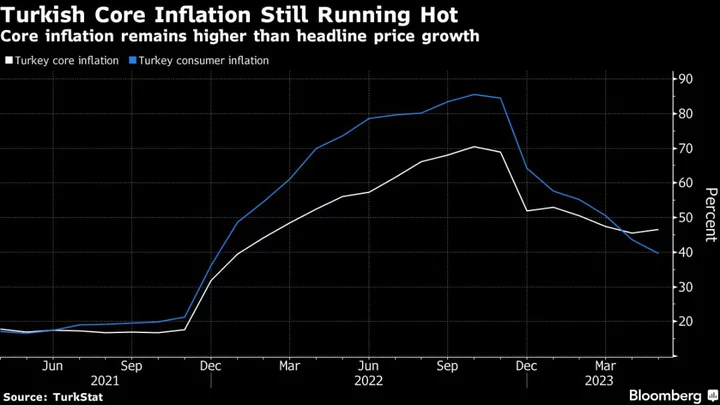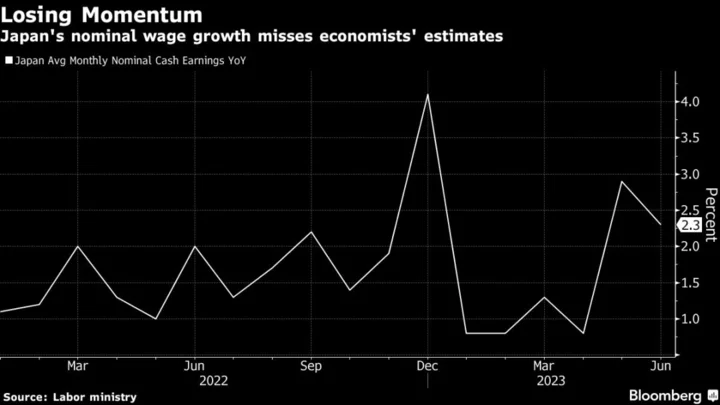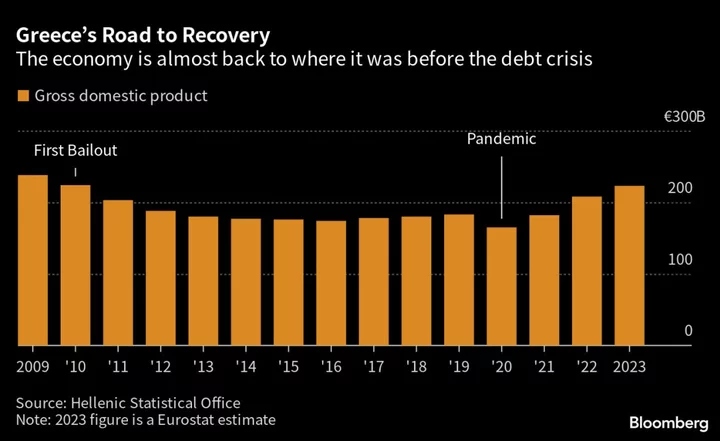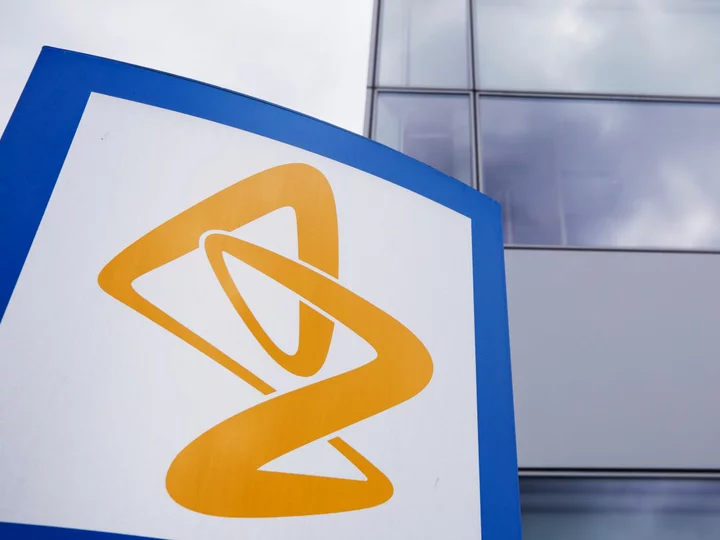By Marc Jones, Jorge Otaola and Walter Bianchi
LONDON/BUENOS AIRES Argentina's black market peso slid nearly 10% on Tuesday to over 1,000 per dollar after a libertarian who favors dollarization won the country's presidential election, while stocks and bonds jumped on hopes of tighter economic policy.
Argentina's local markets reopened after a holiday on Monday, giving the clearest idea yet of how investors would respond to the weekend's presidential election election win of radical libertarian outsider Javier Milei.
Milei wants to slash state spending, ditch the peso currency and shut the central bank.
The local S&P Merval stock index was up 13%, led by an over 30% surge in the shares of state energy firm YPF, catching up with a sharp rise in its U.S.-listed stock which had traded a day earlier, on hints by Milei he could privatize the company.
Milei's dollar plans, however, put pressure on the embattled peso currency, which is held in check by strict capital controls. The official exchange rate is near 350 per dollar, but dollars trade for almost three times that in popular parallel markets.
International bonds were climbing on Tuesday for a second straight day, marking gains of as much as 0.6 cents with issues being bid between 29-34 cents, MarketAxess data showed. Local bonds were up on average 4.2%, traders said.
Milei is promising to deliver economic shock therapy to the long-troubled economy, with the peso's overvaluation seen at the heart of the country's economic strife. There is a gaping chasm between the official rate and where it trades on the streets.
Morgan Stanley's analysts said on Monday they expected it to drop 80% over the next six weeks. Milei said in the run-up to the election he wanted to ditch the peso altogether in favour of the dollar.
"The big question is obviously what happens to the currency now given Milei's comments before the elections," said Viktor Szabo, an emerging market portfolio manager at Abrdn in London.
"The black market is far away from the official rates so some adjustment needs to happen. The issue is how quickly that happens."
TRADING THE PESO
One of the few ways both locals and internationals have been able to trade the peso over the last 48 hours has been in cryptocurrency markets which trade 24 hours a day, albeit in tiny volumes compared to traditional foreign exchange.
One tether - a cryptocurrency pegged to the U.S. dollar - was trading at 960.3 pesos, up 1% on the day, according to the crypto exchange Binance's website, although it was well off the pair's high of 1,120.4 seen on Sunday.
On equities, pre-market U.S. trading data indicated the Global X MSCI Argentina ETF - which offers exposure to a basket of Argentina's most liquid stocks - rising 1.3%, after jumping over 11% on Monday, which had been its highest since early September.
Net assets of the fund rose $6 million to $61.9 million by close on Monday, according to LSEG Lipper data, though the vehicle did show outflows.
U.S.-listed shares, known as "depository receipts", of Argentine banks had also rallied. Banks Grupo Supervielle was indicated another 3.5% higher after the stock as well as other banks such as Banco Macro, Banco BBVA Argentina and Grupo Financiero Galicia had closed up between 17-24% on Monday.
Milei, who will take office on Dec. 10, did not refer to "dollarization" in his first speech, raising questions about how quickly he might pursue scrapping the peso entirely.
He has pledged wholesale economic change for the battered economy, where inflation is at 143% and set to spiral as the peso devalues.
Milei had also heavily criticised China and Brazil in the run-up to the elections, two of Argentina's main trading partners.
(Reporting by Marc Jones, additional reporting by Elizabeth Howcroft, Bansari Mayur Kamdar and Karin Strohecker; Editing by Bernadette Baum, Emelia Sithole-Matarise and Nick Zieminski)




